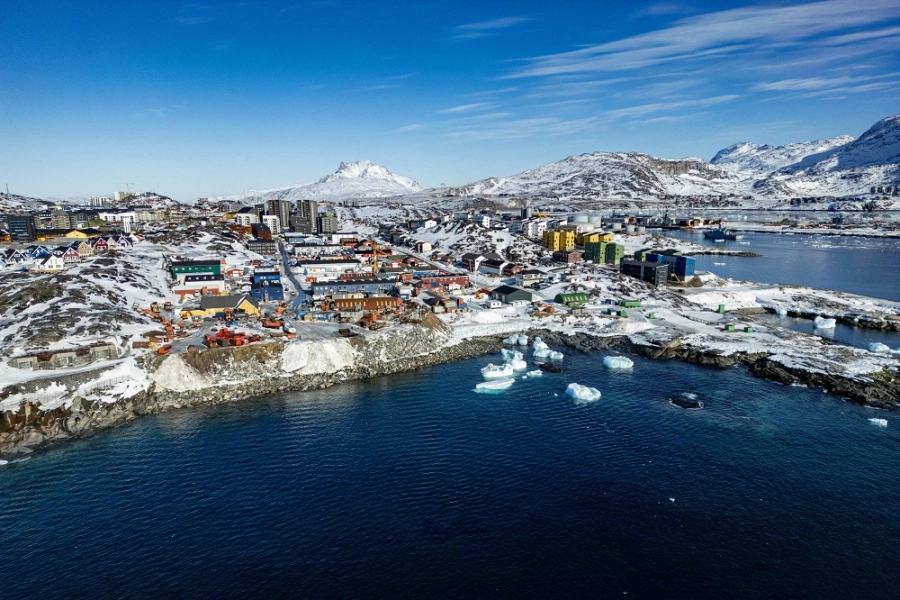International Women’s Day
Celebrating International Women’s Day on March 8 has now almost become a ritual. We talk about issues women have to face at home and workplaces. We also talk a lot about women’s place in our patriarchal society. There will be seminars, dinners and debates. But these all seem too predictable, devoid of substance and the rigor with which women’s place in our society is supposed to be discussed and shed light on. Our constitution has guaranteed a number of reservation and other measures to advance women’s engagement at the highest levels of our decision making. At one point last year, we had women president, chief justice of the Supreme Court and the speaker of the parliament. Almost 99 percent of our deputy mayors and deputy chairpersons of Rural Municipalities are women. The federal parliament has more than 33 percent women representation. These all are remarkable numbers. However, this does not reflect the status of women in our society.
A mother in a remote village in Gorkha and a daughter in a village in Saptari do not enjoy the same rights and privileges like a mother and a daughter in Kathmandu. The gap is just too big. Economic opportunities are too few for the women in villages. Girls’ primary education enrollment numbers are encouraging but dismal at higher levels. Unless we pledge to change these realities, no seminars and debates are going to empower and help women lead independent life. As we celebrate women’s day, a number of issues regarding rising cases of rapes and violence against women have been reported from across the country in the past few months. As the articles in these pages show, Nepali women and girls still face cruelty and extreme violence in the society and perpetrators often go scot-free enjoying impunity. Such situations must change. The situation when Nepali women have to struggle for justice and equal treatment must come to an end.
Singlehood is no barrier as Nepali women move on

Celebration of women’s achievement should not be limited to March 8. We even say this every year but fail to act. The government and our society as a whole must put in their efforts to make sure we do not have gender pay gap. We have to ensure that women are compensated for their works at home. We also have to make sure that women are not harassed in public buses and in other public settings as well as in homes. Our laws should be strict enough so that those who abuse and harass women receive harsh sentence. On this day, let us all pledge to encourage and support our sister, mother and other women and girls in our lives. Our country has done a remarkable job of making laws that have ensured rights of women and their place in our decision making. Our attitude must also change. Without this, all the laws will sound hollow. Besides fancy meetings, we have to work on incremental changes on our own ways, however small they may be.




































